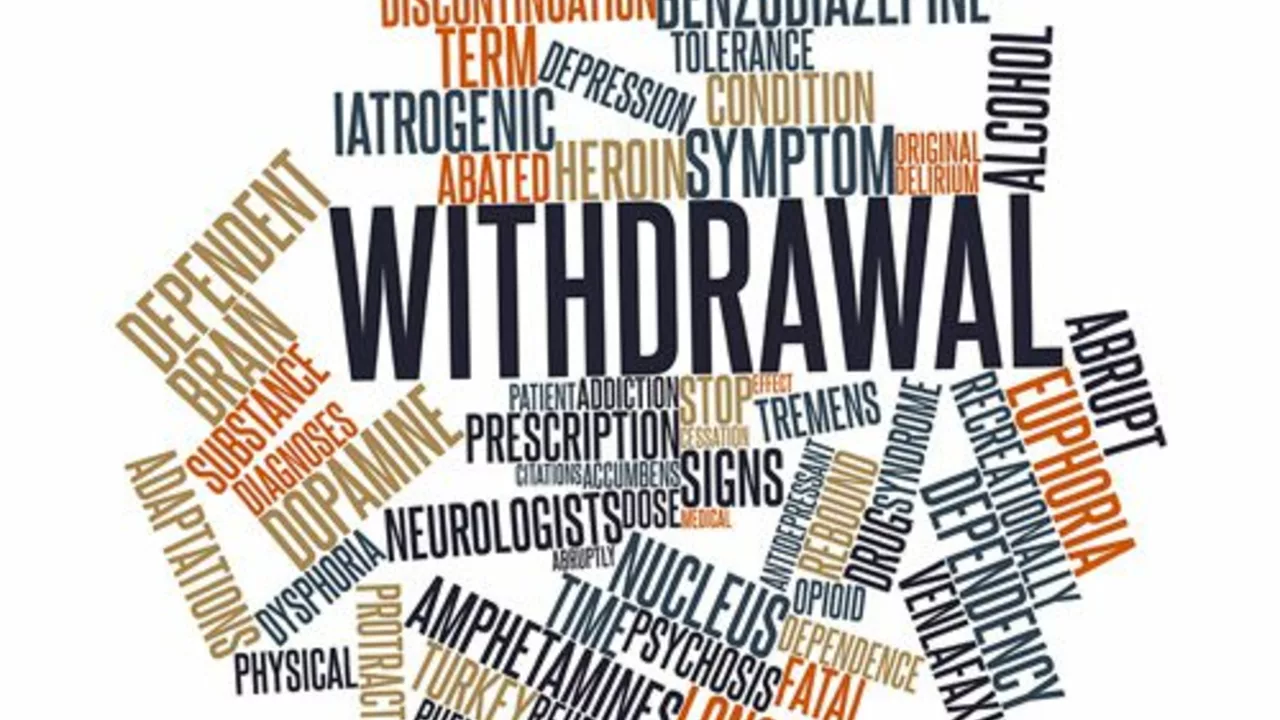Management tips for medications, supplements and treatment routines
Got a pile of pills, a prescription to refill, or a new supplement to try? Good management makes treatment safer and easier. These tips are short, practical, and meant to help you stay on track with medicines, spot side effects early, and pick safer online pharmacies when needed.
Daily medication habits that actually work
Keep a single, simple list of everything you take: name, dose, time, and reason. A paper list on the fridge or a note on your phone both work. Update it after every change so your GP or pharmacist always sees the latest info.
Use a pill organizer or alarms. If you take meds more than once a day, timers reduce missed doses. For injections or longer-acting meds, mark the date on a calendar and set reminders a week ahead of refills.
Watch for interactions. When starting anything new — prescription, over-the-counter, herbal, or supplement — check interactions. Ask your pharmacist for a quick review or use a reliable drug interaction checker online. Don’t guess.
Store medicines properly. Heat, light, and humidity change how drugs work. Keep most pills in a cool, dry place. Insulin, some injections, and certain eye drops need refrigeration — follow the label or ask your provider.
Track side effects fast. Note when a symptom starts, how bad it is, and what you tried for relief. That timeline helps your clinician decide whether to change dose, switch drugs, or treat the side effect directly.
Buying, switching and adapting treatments safely
Need to order online? Only use licensed pharmacies and look for a valid registration or pharmacy practice number. If a site sells prescription-only meds without asking for a prescription, walk away. That’s risky and sometimes illegal.
Refills and substitutions: ask your prescriber what alternatives work if your usual drug is out of stock. Many of our guides list sensible alternatives — for example, blood pressure or thyroid meds — but always confirm with a clinician before switching.
Consider non-drug options where they help. For pain, sleep, or restless legs, small lifestyle moves often reduce medication needs: better sleep habits, targeted exercise, or diet tweaks. Use these alongside, not instead of, prescribed care unless your doctor agrees.
Keep emergency info ready. If you have serious allergies, an automatic implantable device, or take blood thinners, carry a card or wear an alert bracelet. That one step speeds safe care in an emergency.
Want detailed reads? On this tag page you’ll find practical guides on everything from antibiotics and hormone injections to alternatives for common meds and safe online buying. Read the pieces that match your needs, and use these tips to make them work better in your life.
Topiramate Withdrawal: Symptoms and Tips for Managing Them
In my latest article, I discuss the process of withdrawing from Topiramate, a medication typically used for treating epilepsy and migraines. The withdrawal can lead to various symptoms including anxiety, restlessness, and sleep disturbances. I also provide useful tips to manage these symptoms, such as tapering off the dosage gradually under a doctor's guidance and maintaining a healthy lifestyle. It's important to remember that everyone's experience is different, so don't hesitate to seek professional help if needed. Understandably, this process can be challenging, but with the right approach and support, it can become manageable.
